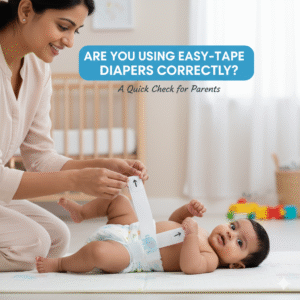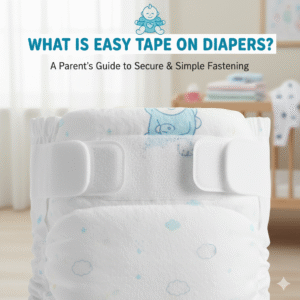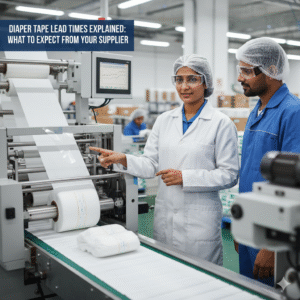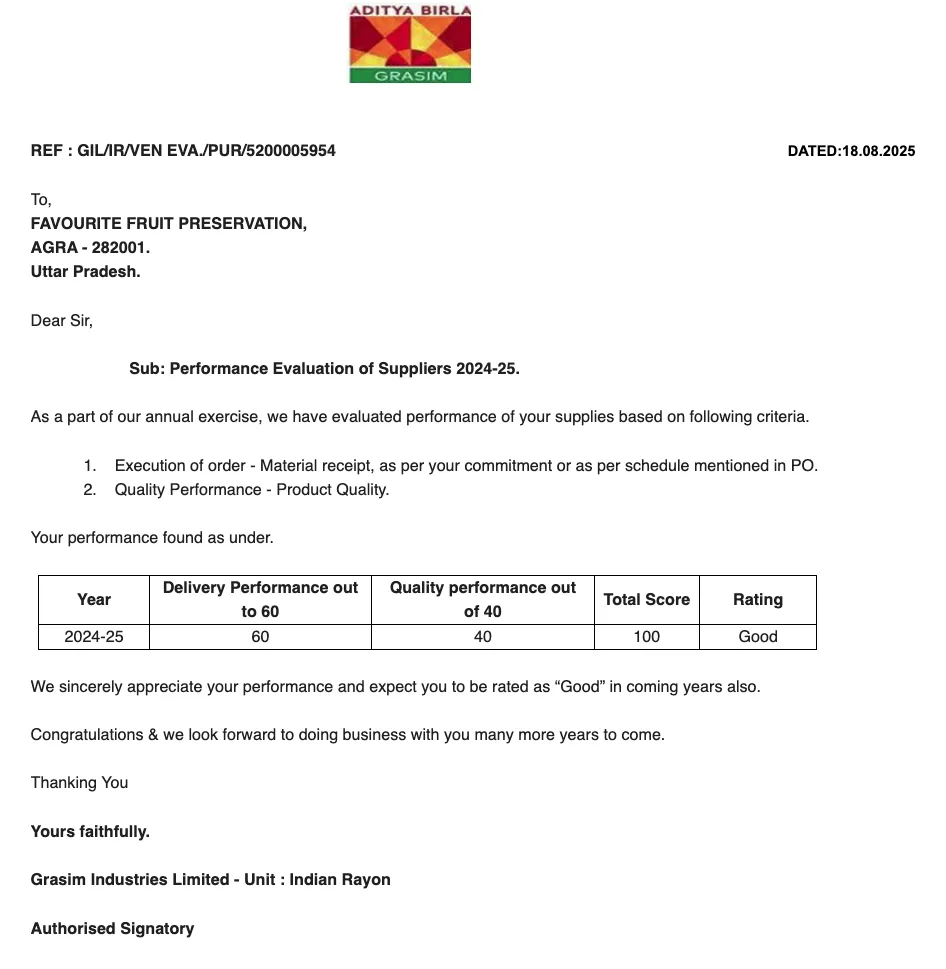Is Sodium Polyacrylate Safe in Sanitary Pads? A Detailed Analysis
Introduction
Sanitary pads are an essential part of feminine hygiene, providing protection and comfort during menstruation. However, concerns have been raised about the safety of certain materials used in their production, particularly sodium polyacrylate. This blog post will delve into the safety of sodium polyacrylate in sanitary pads, exploring its uses, potential risks, and alternative options.
What is Sodium Polyacrylate?
Sodium polyacrylate is a superabsorbent polymer (SAP) commonly used in sanitary pads to absorb and retain menstrual fluid. It is a synthetic material that can absorb up to 300 times its weight in water, making it highly effective for this purpose.
Is Sodium Polyacrylate Safe in Sanitary Pads?
The safety of sodium polyacrylate in sanitary pads has been extensively studied. According to the United States Food and Drug Administration (FDA), sodium polyacrylate is considered safe for use in personal care products, including sanitary pads.
However, some concerns have been raised about its potential toxicity and environmental impact.
Toxicity: Sodium polyacrylate is generally considered non-toxic when used as intended. However, it can cause skin irritation or allergic reactions in some individuals. It is important to note that the amount of sodium polyacrylate used in sanitary pads is very small, and the risk of adverse effects is minimal.
Environmental Impact: Sodium polyacrylate is a non-biodegradable material, which means it can take hundreds of years to decompose. This raises concerns about its environmental impact, particularly if sanitary pads are not disposed of properly.
Alternative Options to Sodium Polyacrylate
While sodium polyacrylate is widely used in sanitary pads, there are alternative options available that may be more environmentally friendly or suitable for individuals with sensitive skin.
Cotton: Cotton is a natural fiber that is highly absorbent and breathable. It is a good choice for individuals who prefer a more natural option.
Bamboo: Bamboo fiber is another natural material that is highly absorbent and antimicrobial. It is a sustainable option that is biodegradable.
Hemp: Hemp fiber is a durable and absorbent material that is also biodegradable. It is a good choice for individuals who are looking for a more eco-friendly option.
Which Sanitary Pads are Safe to Use?
When choosing sanitary pads, it is important to consider your individual needs and preferences. If you have sensitive skin or concerns about the safety of sodium polyacrylate, you may want to opt for pads made with alternative materials such as cotton, bamboo, or hemp.
FAQs
Is sodium polyacrylate used in sanitary pads?
Yes, sodium polyacrylate is commonly used in sanitary pads as a superabsorbent polymer.
Which type of sanitary pads are safe to use?
The safety of sanitary pads depends on individual needs and preferences. If you have sensitive skin or concerns about sodium polyacrylate, consider pads made with alternative materials such as cotton, bamboo, or hemp.
Which super absorbent polymer is used in sanitary pads?
Sodium polyacrylate is the most common super absorbent polymer used in sanitary pads.
What type of plastic is used in pads?
Some sanitary pads may contain small amounts of plastic, such as polyethylene, to provide additional protection against leaks.
What material are pads made of?
Sanitary pads are typically made of a combination of materials, including cotton, rayon, and superabsorbent polymers such as sodium polyacrylate.
Are menstrual pads made of plastic?
Some menstrual pads may contain small amounts of plastic, but they are not entirely made of plastic.
Do menstrual pads have plastic?
Some menstrual pads may contain small amounts of plastic, such as polyethylene, to provide additional protection against leaks.
Contact Us
Email: sale@favouritehub.com
Conclusion
Sodium polyacrylate is a widely used superabsorbent polymer in sanitary pads. While it is generally considered safe for use, some concerns have been raised about its potential toxicity and environmental impact. If you have sensitive skin or concerns about sodium polyacrylate, you may want to consider alternative options such as cotton, bamboo, or hemp. By understanding the safety of sodium polyacrylate and choosing the right sanitary pads for your needs, you can ensure your comfort and well-being during menstruation.






































We Do Business On Trust.Our Nonwoven fabric Business is Built on trust. Trust starts with Transparency.
Mr.Ramniwas Garg Founder Of Favourite Group